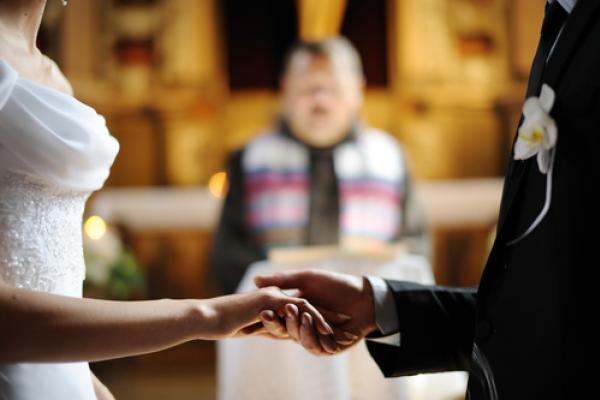In the wake of President Obama's declaration of his personal support for the right of same-sex couples to marry under civil law, the nation is understandably focused on debating the merits of this position. Three related points from President Obama's announcement, however, deserve our attention as well.
First, President Obama noted that there is an important difference between civil marriage and religious marriage. The state defines civil marriage, which serves as the gateway for a wide variety of government benefits, rights and privileges. Religious marriage, on the other hand, is defined solely by religious communities.
These categories may be fuzzy in our minds because current law not only respects the ability of clergy and religious communities to define and bless religious marriage, it also allows clergy to solemnize civil marriage. That's why one often hears a minister conclude a wedding by saying, "By the authority vested in me by the state of X, I now pronounce you husband and wife."
Setting aside the oddity of a minister claiming the authority of the state rather than a higher power, the fact that the state allows clergy to bring a civil marriage into being does not mean it can require clergy to bless or recognize any relationship the state defines as civil marriage.
Read the Full Article

